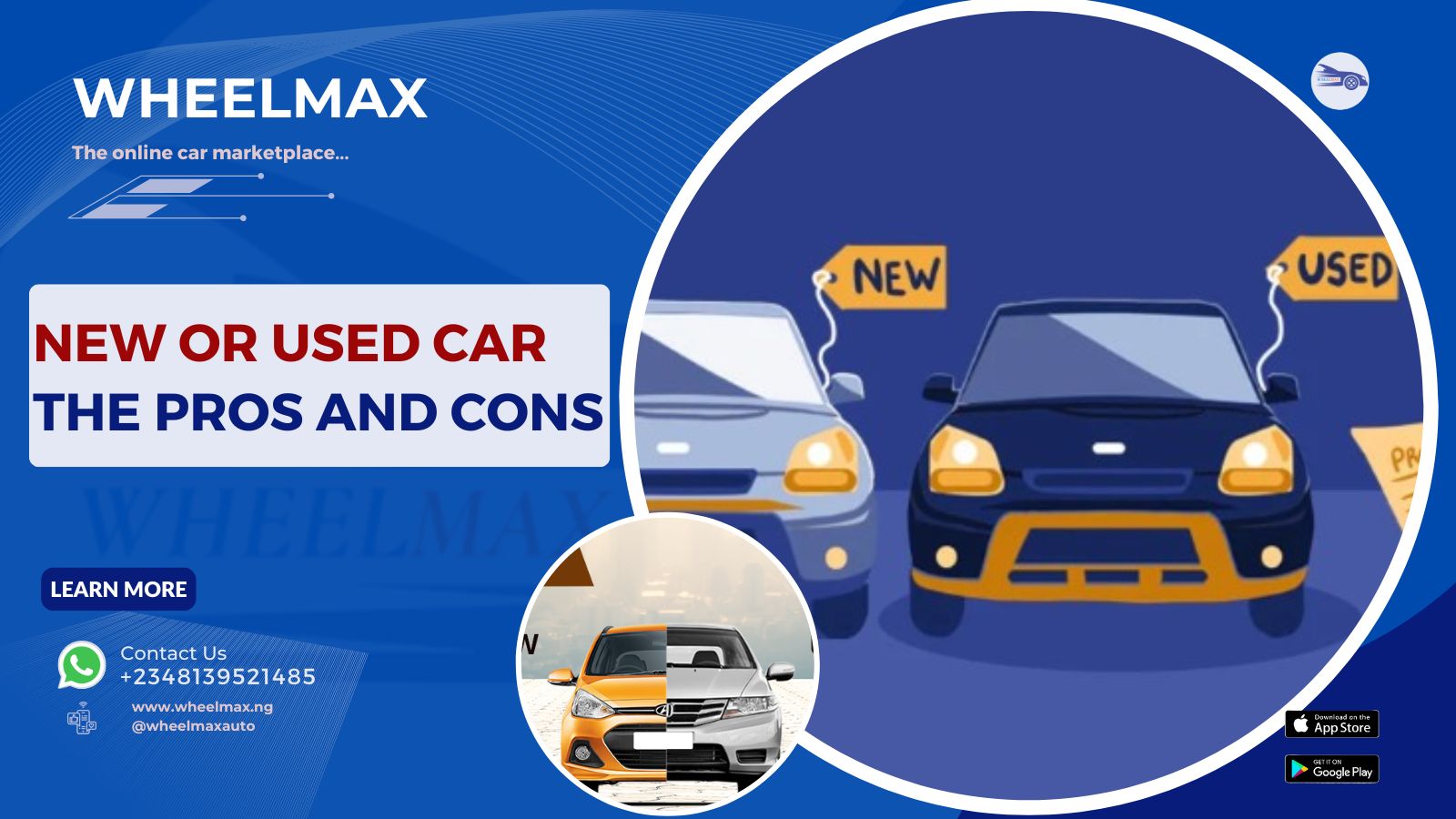The Pros and Cons of Buying New vs. Used Cars in 2025
Choosing a car is one of the most significant financial decisions you'll make, second only to buying a home. And at the heart of that decision lies a fundamental question: should you buy new or used? In 2025, with technology evolving faster than ever and economic factors constantly shifting, the answer isn't as simple as it once was.
There’s no single "right" answer. The best choice is the one that aligns perfectly with your budget, your priorities, and your tolerance for risk. To make a confident decision, you need to understand the powerful arguments for both sides of the coin.
Let's break down the pros and cons to help you determine which path is right for you.
The Case for Buying a New Car
This is perhaps the single most compelling reason to buy new. A new car comes with a comprehensive manufacturer's warranty, often called a "bumper-to-bumper" warranty. For the first several years or thousands of kilometres, you are protected from the cost of unexpected mechanical failures. This isn’t just a financial safety net; it’s freedom from worry. You can drive with the confidence that you won't be hit with a sudden, massive repair bill.
Cars are advancing at a lightning pace. Buying new means you get the very latest in automotive innovation. This includes:
- Advanced Safety Features: Systems like automatic emergency braking, lane-keeping assist, and blind-spot monitoring are becoming standard.
- Superior Fuel Efficiency: Newer engines, hybrid systems, and electric powertrains can save you significant money at the pump over the life of the vehicle.
- Modern Infotainment: Seamless smartphone integration, larger touchscreens, and more intuitive controls make for a more enjoyable driving experience.
With a new car, you are the first chapter in its story. There are no questions about its past, no concerns about how a previous owner treated it, and no hidden accident history. You get that "new car smell," a pristine interior, and the ability to customise it exactly to your liking from day one.
The Case for Buying a Used Car
A new car's single biggest financial drawback is depreciation—the loss in value over time. A brand-new vehicle can lose 20-30% of its value in the very first year. When you buy a used car that's just a few years old, you let someone else absorb that massive initial hit. You are essentially getting a vehicle that is still modern and reliable, but for a fraction of its original price. This is the single most effective way to make your car budget go further.
Because you're avoiding that initial depreciation, your budget has more buying power in the used market. The same amount of money that would get you an entry-level new car could potentially get you a 2- or 3-year-old vehicle from a more premium brand or a higher trim level with more features like a sunroof, leather seats, and an upgraded sound system.
The savings often don't stop at the purchase price. Used cars typically come with lower insurance premiums and, in some regions, lower annual registration fees compared to their brand-new counterparts. These savings add up over the years, further reducing your total cost of ownership.
The Considerations: Risk vs. Reward
The decision boils down to a simple trade-off:
- New Cars offer maximum peace of mind and the latest technology but come at the highest financial cost due to depreciation.
- Used Cars offer incredible financial value and lower ownership costs but come with a degree of uncertainty and the potential for out-of-pocket repair costs.
Making the Right Choice for YOU
There is no universally correct answer. The best decision depends entirely on your personal priorities.
- If your top priority is reliability, the latest safety features, and a worry-free ownership experience, and you are comfortable with the higher cost, a new car is likely your best bet.
- If you are budget-focused, want to maximise the features you get for your money, and are comfortable with conducting due diligence (like getting a pre-purchase inspection), then a used car represents an incredibly smart financial choice.
Whichever path you choose, going in with a clear understanding of the pros and cons empowers you to drive away confident that you’ve made the best possible decision for your life and your wallet.
